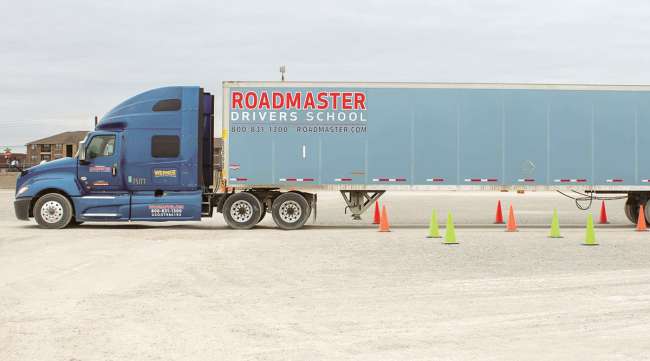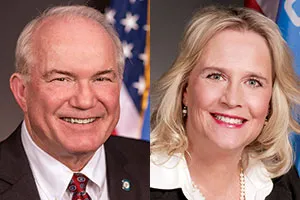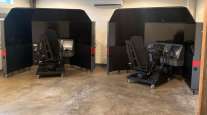Staff Reporter
Oklahoma Makes Third-Party Administration of CDL Test Easier

[Stay on top of transportation news: Get TTNews in your inbox.]
A new Oklahoma law making it easier for written commercial driver license tests to be administered took effect Nov. 1 to help offset the truck driver shortage.
House Bill 2750 was authored by state Rep. Nicole Miller (R) and introduced into the Oklahoma Legislature on Feb. 6, with support by state Sen. John Haste (R). Gov. Kevin Stitt approved the law at the end of April.
The new law enables Service Oklahoma, the state agency created last year to oversee driver licenses and motor vehicle services, to enter into agreements with third parties to provide the written portion of the CDL test.
It also allows Service Oklahoma the authority to have the CDL written exam administered at any public or private site.

Haste (left) and Miller
“The measure clarifies that local school districts, the Oklahoma Department of Career and Technology Education (DCTEA), institutions of higher education, or a private entity may hire or employ designated examiners for the Class A, B or C driving skills portion and written portion of the test required for a driver license,” according to a summary of the legislation.
The new increased flexibility to enable third-party testing is expected to result in the state having more certified CDL examiners and a higher number of places where CDL exams can be taken.
✍️ IT’S LAW! The first State Chamber priority bill, HB 2750 by Rep. Nicole Miller and Sen. John Haste, has made it across the finish line! Thank you, @GovStitt, for signing HB 2750 to be the change Oklahoma needs to help solve the truck driver shortage. 🚛👏 @NicoleMiller4OK pic.twitter.com/nx4Ej1lQYW — State Chamber of Oklahoma (@okstatechamber) April 27, 2023
Written tests can now be administered by public or private commercial truck driving schools, public transit agencies, government agencies (municipal, county and state), school districts, schools for higher education and the Oklahoma DCTEA.
A fiscal analysis before passage of the legislation mentioned “an anticipated minimal revenue increase from driver license collections and a minimal cost resulting from the installation of testing terminals at these approved third-party locations.” However, there was no need identified to increase state revenues to offset associated cost increases from the new law.
Want more news? Listen to today's daily briefing below or go here for more info:




